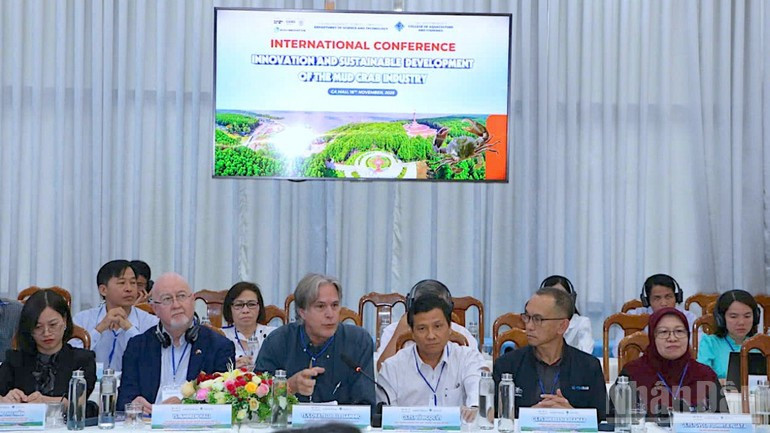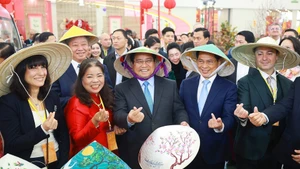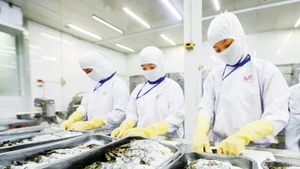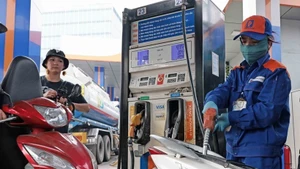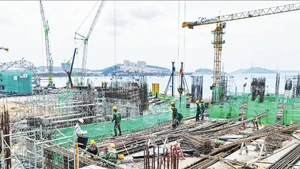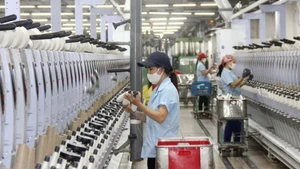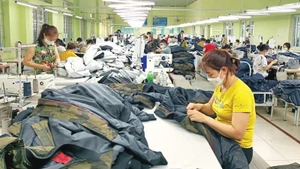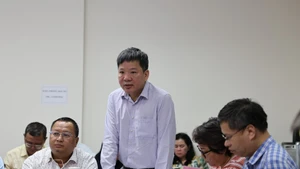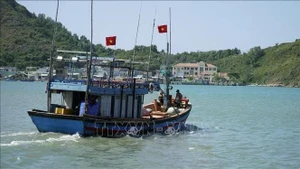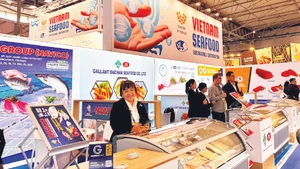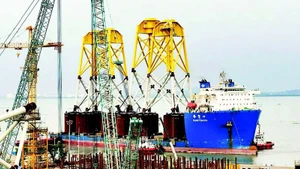The event was attended by experts from the UN Food and Agriculture Organisation (FAO), Thailand, the Philippines and Indonesia, along with domestic officials and businesses.
At present, Ca Mau has around 365,000 hectares of crab farming, with an annual output of more than 36,500 tonnes, leading the country in terms of both farming area and production volume.
However, the province’s crab sector is facing numerous challenges, including disease outbreaks, limitations in traceability, and a lack of deeply processed products.
At the workshop, Ca Mau’s leaders emphasised the goal that by 2030, 30% of crab production will meet export standards for high-end markets through scientific solutions and value-chain linkages.
To realise this goal, Ca Mau plans to develop the sector based on five key pillars: broodstock and biosafety, sustainable farming models, processing and markets, traceability, and supportive policies.
According to Ca Mau Vice Chairman Ngo Vu Thang, in the next three to five years, it is necessary to establish standardised broodstock farms and an early-disease-detection laboratory network to minimise risks for farmers.
Regarding farming models, Thang stressed the importance of developing sustainable crab farming associated with mangrove conservation, considering it a crucial factor in enhancing the value of Ca Mau’s crabs on the international market.
The province also encourages enterprises to focus on deep processing to create value-added products rather than relying solely on the export of live crabs. This approach would help increase profit margins and reduce seasonal market pressure.
Finally, traceability pilots must be deployed quickly, as this is a mandatory “passport” to ensure supply chain transparency and build trust among importing markets.
Provincial leaders further affirmed their commitment to establishing a favourable policy environment, promoting public-private cooperation, and offering preferential credit for high-tech and circular aquaculture models.
At the workshop, international experts, including Dr Lovatelli Alessandro from the FAO, expressed support for Ca Mau’s development direction.
According to Dr Alessandro, to secure a sustainable future for the mud crab industry, Ca Mau should focus on expanding broodstock and nursery production capacity, improving the genetic quality of brood crabs, developing low-cost yet nutritious feed, enhancing aquatic animal health management, and building a strong and equitable value chain.
